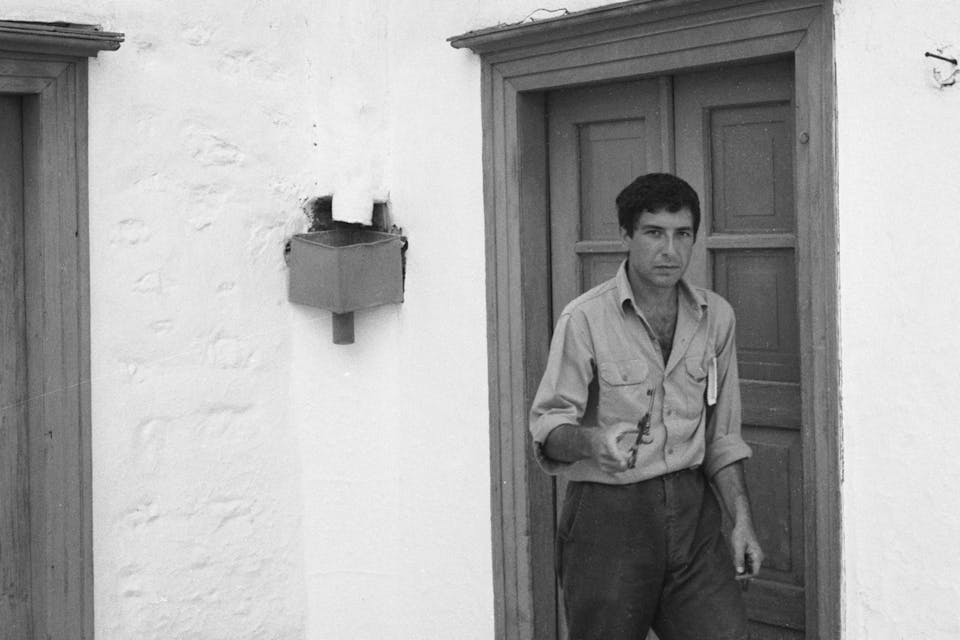
November 30, 2016
My Life with Leonard Cohen
By Dr. Ruth WisseFriends, but never close, our paths intersected and then diverged, until this past September, when I connected with Leonard for the last time.
When Leonard Cohen died in early November, the flags of Montreal, his native city, were lowered to half-mast. Friends and fans exchanged notes of condolence. Leonard was such a mournful singer that he seemed to have readied his admirers for the loss of him, supplying the words and music for their lament. Many—and his Jewish devotees most of all—continue to grieve for the man who danced them to the end of love.
Leonard’s eminence was never any mystery to me, a fellow Montrealer and fellow undergraduate (two years behind him) at McGill University. Decades later, when I set out to write a memoir of my college years, I found that I remembered him more distinctly than I remembered myself at that age. Although he was by no means the closest of my friends, not my lover or even the man I most admired among that assemblage of aspiring students, the title of my essay, “My Life without Leonard Cohen,” conveyed the realization that by organizing my memories around his singular presence, I could best reconstruct how our respective paths in life had diverged.
In college Leonard gave the impression of being a little unsure about everything—except his talent. In my essay, which was published in Commentary in 1995, I described how in his senior year and my sophomore year, our shared teacher Louis Dudek launched the McGill Poetry Series with Leonard’s first published book of verse; I helped to raise the money for that project and took part in the discussions surrounding its appearance. The title of the book, Let Us Compare Mythologies, already hinted at his idea of Judaism as but one set of beliefs among many. In a university that then included in its curriculum not a single reference to Judaism or the Jews, we who constituted about a third of the undergraduate population tended to devalue our heritage. “Culture” for us meant Matthew Arnold; “poetry” (at least for students of Dudek) meant T.S. Eliot and Ezra Pound. Although we were never tempted to deny our Jewishness, it seemed bad form to practice it overtly or to mention it in our classes. Cosmopolitan worldliness was our watchword.